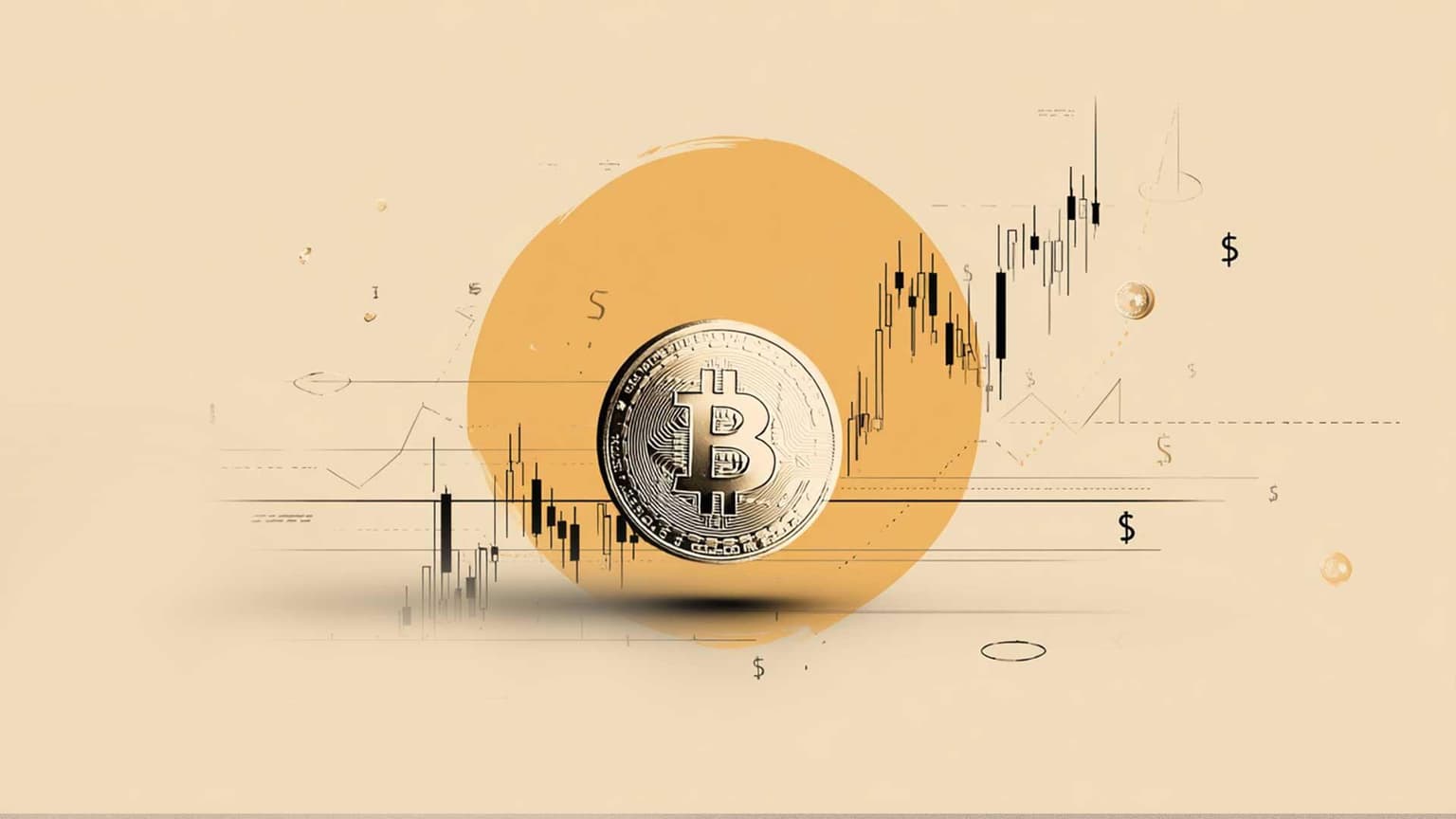RBA Meeting Minutes: next rate move likely up if economy hits expectations

The Reserve Bank of Australia (RBA) has dropped the latest release of the central bank's Meeting Minutes, and the RBA has maintained their steady policy stance of waiting for further economic improvement within Australia, while they continue to middle on their calls for the next rate hike, which the RBA says is "likely up"; the normal risks were also outlined, with the RBA focusing on still-sluggish wage growth, and household debt levels that remain at peak levels.
Key quotes
"Members commenced their discussion of the domestic economy by noting that GDP growth had picked up to be 3.1 per cent over the year to the March quarter, which was above estimates of trend growth. The quarterly growth rate of 1 per cent had been a little stronger than the Bank's forecast of three months earlier. Non-farm GDP had increased by 3.6 per cent over the year to the March quarter, while growth in domestic final demand had continued its upward trend since 2013.
Members observed that, compared with the average of the preceding 20 years, growth in household income had remained subdued over the most recent couple of years, with growth in all components of income remaining below average.
Turning to the housing market, members noted that data from the national accounts suggested dwelling investment had peaked in late 2016, although residential construction cycles had differed significantly across the states.
In the labour market, employment growth had moderated from the very strong rates recorded in 2017 and the participation rate had declined a little from its recent peak. Members noted that most of the jobs created over the preceding year had been in the private sector. Much of the strength in employment growth over recent years had been in the health and social assistance industry, where about three-quarters of people work in the private sector.
Members held a detailed discussion of the high level of household debt in Australia, informed by a special paper prepared for this meeting. Household debt has increased by more than household income over the preceding three decades in many countries, but particularly so in Australia. Two key drivers of this trend across countries have been the decline in nominal interest rates, predominantly reflecting lower inflation, and financial deregulation, both of which have increased households' access to finance. Members noted that a distinguishing feature of the Australian housing market is that the bulk of dwellings are owned by the household sector. This has contributed to greater borrowing for housing by households in Australia compared with other countries, where the corporate sector owns a larger proportion of rental properties."
Author

Joshua Gibson
FXStreet
Joshua joins the FXStreet team as an Economics and Finance double major from Vancouver Island University with twelve years' experience as an independent trader focusing on technical analysis.

















